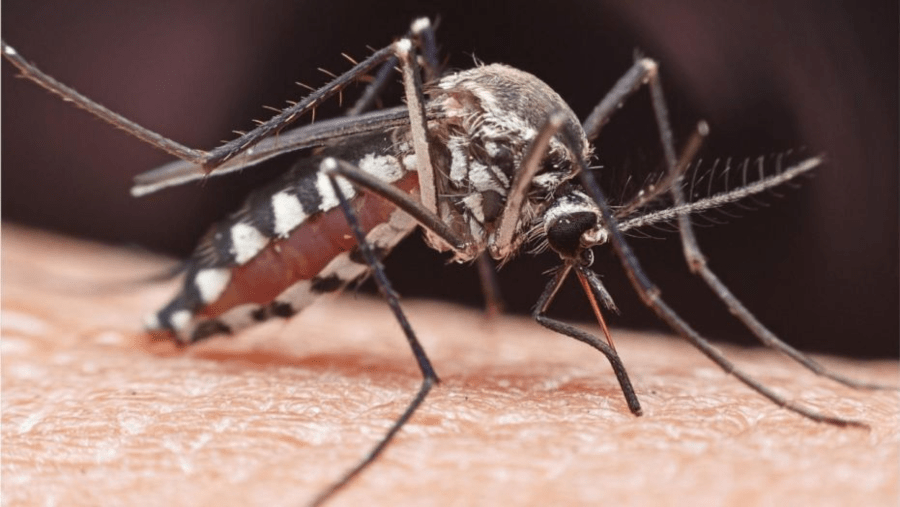Health
Deadly Brain Disease reported in 2 counties

WHAT YOU NEED TO KNOW:
- On Monday, Massachusetts confirmed its first infected patient with Eastern equine encephalitis (EEE) virus, raising concerns among health officials who elevated the risk level in Carver and Middleborough communities.
- Coming from an infected mosquito, EEE is a rare disease that is caused by a virus that could be passed to humans once bitten.
- The virus can cause either neurologic or systemic illnesses that are fatal.
The Massachusetts Department of Public Health (DPH) announced on Monday that an 18-year-old male patient in Plymouth County got infected with Eastern equine encephalitis (EEE), a rare brain disease that comes from an infected mosquito and gets transmitted to humans.
DPH advised public health experts to elevate the risk level to “critical,” the highest classification, in two of Plymouth County communities Carver and Middleborough.
Kingston, Plympton and Rochester communities were considered at “high risk” while Bridgewater, Halifax, Lakeville, Plymouth and Wareham were put at “moderate risk,” the DPH said.
All residents are advised to use an Environmental Protection Agency-approved mosquito repellent when going outdoors, the DPH recommended. Wearing of long sleeves and pants is also encouraged to limit the chance of getting infected.
In a statement, Massachusetts Public Health Commissioner Monica Bharel said that “EEE is rare, but it is a serious disease and public health concern, and we remind residents of the need to protect themselves from mosquito bites as EEE activity increases.”
“The single best prevention tool continues to be avoiding mosquito bites by using repellent, wearing long sleeves and pants, weather permitting, and avoiding outdoor activity between the hours of dusk and dawn in the highest risk areas,” she added.
Health experts also warned residents in high and critical risk areas to refrain from doing outdoor activities during dusk and dawn. It’s the time when chances of getting bit by infected mosquitoes are the highest.
According to the Centers for Disease Control and Prevention (CDC), symptoms can appear between four to 10 days after a person has been bitten by a mosquito infected with EEE.
The virus can cause two types of illnesses: systemic or neurologic. Systemic illness includes symptoms such as fever, chills, malaise, and muscle/joint pain. While the neurologic illness poses a greater risk that includes brain swelling or encephalitis, which coined the disease’s name.
Neurologic illness includes symptoms like fever, headache, vomiting, diarrhea, seizures, behavioral changes, drowsiness, and coma. Encephalitis may occur after days of systemic illness for children and older adults.
About 30 percent of EEE patients die while others would experience neurological problems that range from mild brain dysfunction to severe cognitive impairment, personality disorders, seizures, and paralysis. Patients need long-term care and some would die within a couple of years.
The CDC reported 38 EEE cases across the US, with 15 fatalities in 2019. Massachusetts recorded 12 cases with six deaths, the highest among the states.
Source: Newsweek
